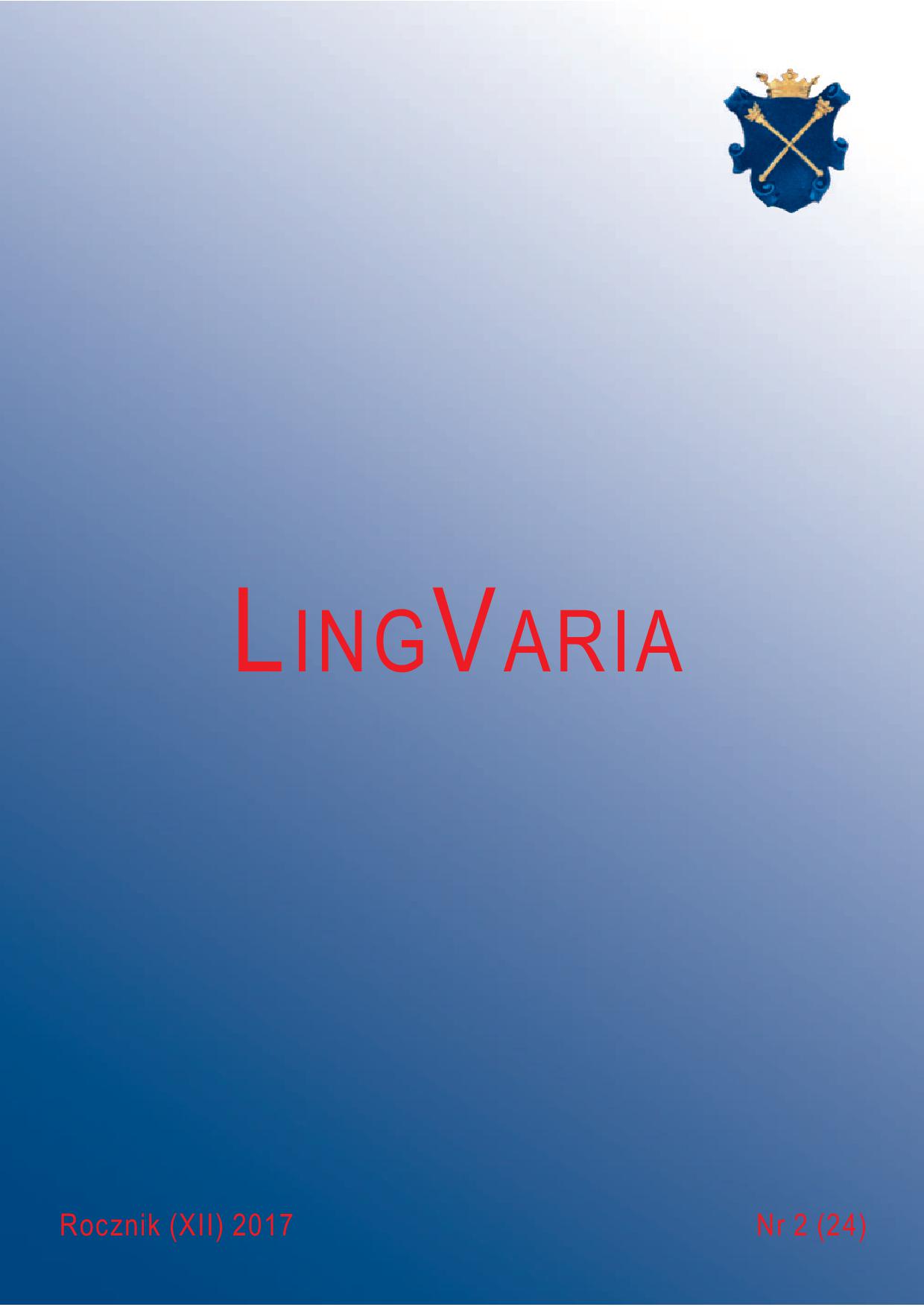Łacińskie lōrum w świetle etymologii
Latin lōrum in the light of etymology
Author(s): Krzysztof Tomasz WitczakSubject(s): Theoretical Linguistics, Applied Linguistics
Published by: KSIĘGARNIA AKADEMICKA Sp. z o.o.
Keywords: etymology; Indo-European languages; Indo-European vocabulary; Latin language; word formation
Summary/Abstract: The traditional etymology of Lat. lōrum n. ‘strap, girdle, rein’, according to which it is related to Arm. lar ‘strick, rope, band’ and Greek (Homeric) εὔληρα, Doric αὔληρα n. pl. ‘reins’, should be rejected for phonological and morphological reasons. The present author suggests a new explanation of the Latin term in question. It derives from the Italic archetype *lōsom n. ‘strap, belt, girdle’. Close equivalents are attested in Indo-Iranian, cf. Old Indic rā́snā- f. ‘girdle’ (< IE. *lōsnā); Khotan Saka rrānä ‘belt’, Ossetic ron ‘belt, girdle’ (< Iranian *rāhnā- < IE. *lōsnā), Sogdian r’n’(kh) ‘belt’ (< Iran. *rāhnā-ka-); Wakhi ran-dáq, ran-dak ‘leather strap’ (< Iran. *rāhna-taka-). The Indo-European root *lōs- (< PIE. *leh₃s-) is also attested in Ancient Greek, cf. Gk. λῶμα n. ‘hem, fringe, border of cloths’ (< IE. *lṓs-mn̥ n.), Aeolic λῶστοι pl. ‘stitched’, ἄλωστοι pl. ‘unstitched’, εὔλωστοι pl. ‘well-vowen’ (< IE. *lōs-tó-). The author explains Latin lōrus (m.) as an innovative form created on the basis of the irregular plural lōrī, originally nom.-acc. du. n. *lōso-ī ‘two straps, two reins’ (< PIE. *leh₃so-ih₁). The loss of the dual number in the early pre-literary phase of the development of the Latin language caused the reinterpretation of preserved dual forms. It is emphasized that Lat. frēnum n. ‘bit, cub, bridle’ attests not only the regular plural frēna ‘reins’, but also the irregular frēnī (orig. nom.-acc. du. n.).
Journal: LingVaria
- Issue Year: 2017
- Issue No: 24
- Page Range: 185-196
- Page Count: 12
- Language: Polish

